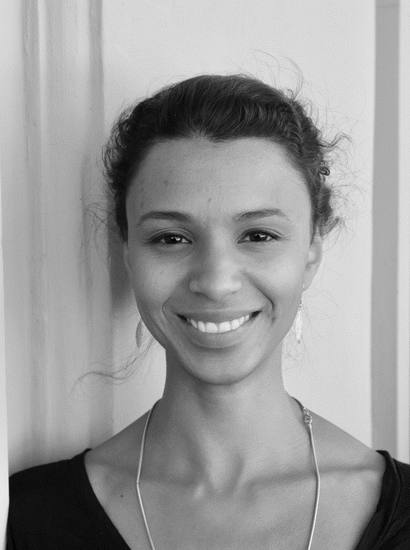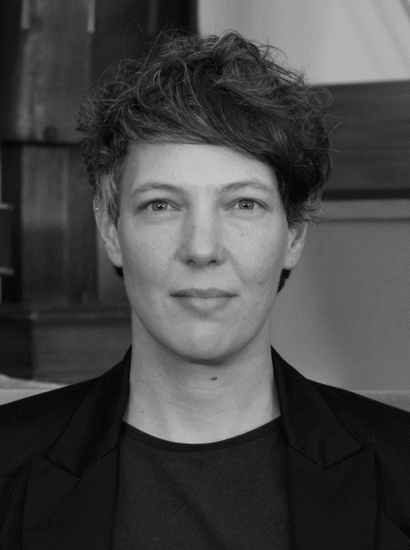
NFDI4Culture Community Performing Arts
Manifestations of the performing arts are mostly based on temporary processes and events with live audiences, even if there is a variety of hybrid formats and despite the growing significance of the digital representation (e.g. streaming) of performances. The organisation of research data related to the performing arts implies particular challenges, such as linking various sources, objects and media types that range from theatre buildings to images and texts of all kinds, from stage models and costumes to audiovisual media.
Therefore, research in the performing arts also relies on the GLAM institutions: archives and collections, museums and libraries, each with their own profiles, directory structures and data models.The research portal www.performing-arts.eu of FID DK (Fachinformationsdienst Darstellende Kunst) serves as a platform to digitally connect the diverse data sets from these collections. Further challenges with regard to digitisation, indexing, accessibility and long-term archiving relate to the data life cycle as a whole: modelling of event-related data concepts and authority data (e.g. for artwork, production and performance), the integration of controlled vocabularies and management of rights in order to ensure a sustainable organization and publication of research data.
Research in the performing arts is necessarily inter- and transdisciplinary, not only in terms of genres and sections (spoken and music theatre, performance art, dance, puppet theatre, etc.), but also due to the respective methodological perspective (practice, historiography, theory). An expanded concept of theatre includes theatrical practices in everyday life too. Some methodological premises of exploring theatrical events – in particular that they are based on cultural practices between production and reception – also concern the handling of research data. Their linking and subsequent use are relevant not only for research itself but also for artistic practice, audiences, producing and collecting institutions.
For a continuous exchange and networking of the community, the AG ARCHIV of the “Gesellschaft für Theaterwissenschaft” (Society for Theatre Studies) has developed working formats as a joint representation of the interests of research and memory institutions in the field of theatre, dance and performance, to which everyone interested is always welcome. The "Working Group NFDI4C-Performing-Arts" (WGPA-NFDI4C) and the AG Performing Arts in the Committee for Library Standards of the DNB (German National Library) meet once a month to formulate and bundle the interests and needs in the field of of the performing arts and to work together on specific problems research data. (Online registration).

User Story 07
As a music ethnologist, I am responsible for keeping audio/video files (or corpora) created during my research accessible in accordance with the preconcerted legal agreements. Since I am also involved in teaching, I would like to pass on my expertise on this form of analysis to my students so they can apply these skills.
/
As curator of the contemporary collection of a large museum, I would like to make our bundle of video art and the performance documentation accessible for research.

User Story 25
As a Wikimedian I am happy to be involved in the digital cultural commons and have already made many edits on Wikipedia pages about cultural heritage and made pictures available for free use at WM Commons. I have made contributions to Europeana’s crowd sourcing projects, such as annotating pictures from the 1st World War. I am particularly interested in providing my specialized knowledge on Corinthian temples for various digital objects. I am pleased if this knowledge can be made available a human- and machine-readable way and be reused in research and I can help expanding the general body of knowledge in this field while doing so.

